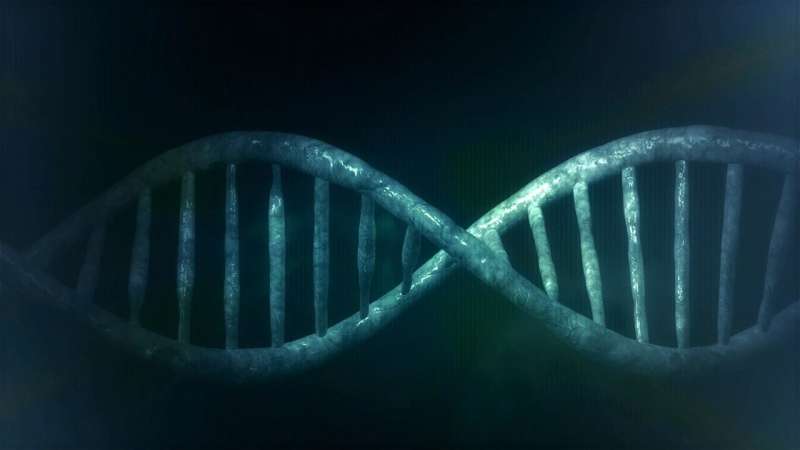August 9, 2019 report
Researchers make case for dominant-negative effect with TP53 mutations

A large team of researchers affiliated with several institutions in the U.S. and one in Germany has found evidence that makes a case for a dominant-negative effect with TP53 mutations. In their paper published in the journal Science, the group describes their study of such gene mutations and their work, which involved editing genes to test theorized outcomes, and what they learned. David Philip Lane with the Karolinska Institutet has published a Perspective piece in the same journal issue discussing the work, along with issues involved in reconciling the findings with those found in previous studies.
The tumor protein (TP) 53 is the most often mutated gene in human cancers. It was first identified approximately 40 years ago, and since that time, it has been very heavily studied. One of the findings of such studies was that when the gene mutates, it adds new functions to a protein that suppresses tumors. In this new effort, the researchers have in essence refuted such earlier results—they are suggesting that what really happens is that the mutations that occur exert what they describe as a "dominant-negative" effect—an effect that results in a reduction of activity of wild-type (in its natural, non-mutated form) TP53. The dominant-negative effect is defined as a circumstance in which a mutation occurs that results in a gene product adversely affecting wild-type gene products—all in the same cell.
The work was meant to put to rest a long-running debate in the field regarding how mutations in TP53 that result in cancer alter the function of wild-type TP53. To find the answer, the researchers used CRISPR/Cas9 to generate multiple kinds of human leukemia cells (representing the most common kinds of mutations involved with leukemia) that could be used to study the progression of tumors. In watching the mutations occur, the researchers found no evidence of missense (point) mutations that added functionality to the TP53 suppressor protein. They report instead finding evidence of the mutations reducing function or producing dominant-negative effects, which resulted in reducing tumor suppression effectiveness.
More information: Steffen Boettcher et al. A dominant-negative effect drives selection of TP53 missense mutations in myeloid malignancies, Science (2019). DOI: 10.1126/science.aax3649
© 2019 Science X Network





















